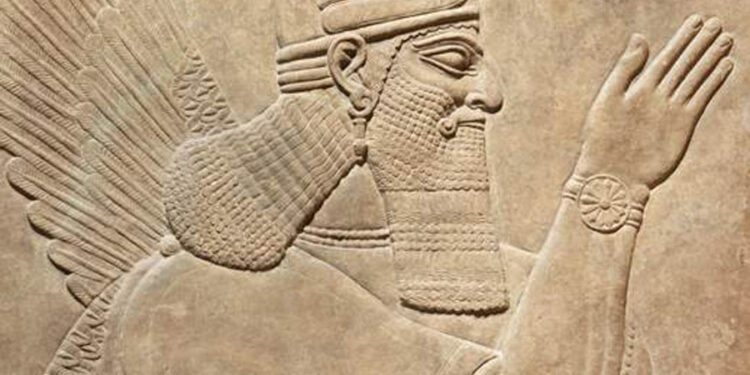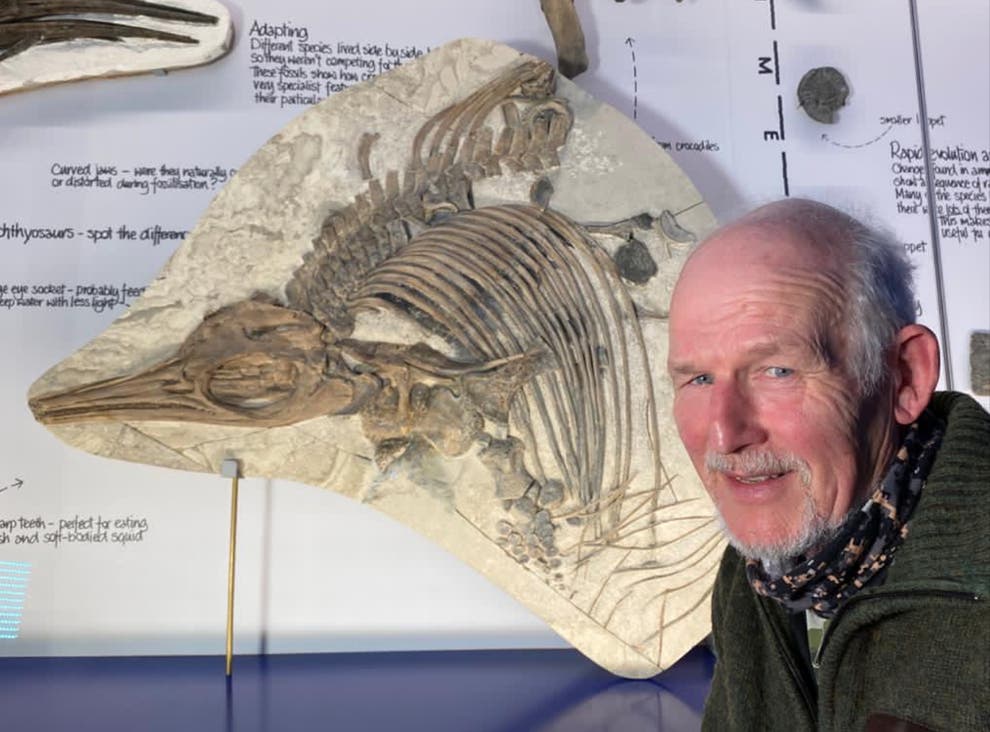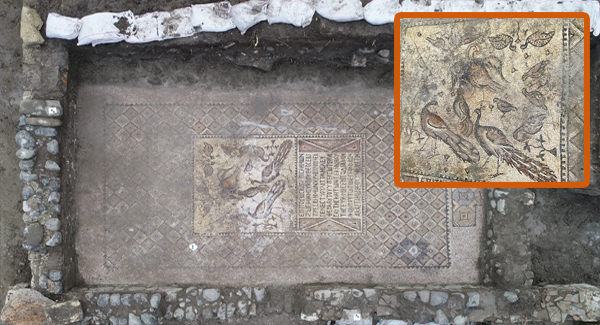The Akitu festival, which dates from the middle of the third millennium BC, is one of the oldest Mesopotamian festivities. A unique ritual was established during this twelve-day ceremonial festival, which began on the first New Moon after the Spring Equinox in March/April, to humble the monarch and remind him of his responsibility to serve the deity Marduk to properly provide for the people. The monarch would be stripped of his regalia and slapped across the face by the chief priest. The Babylonians thought that if the monarch wept, Marduk would grant him another year as king.
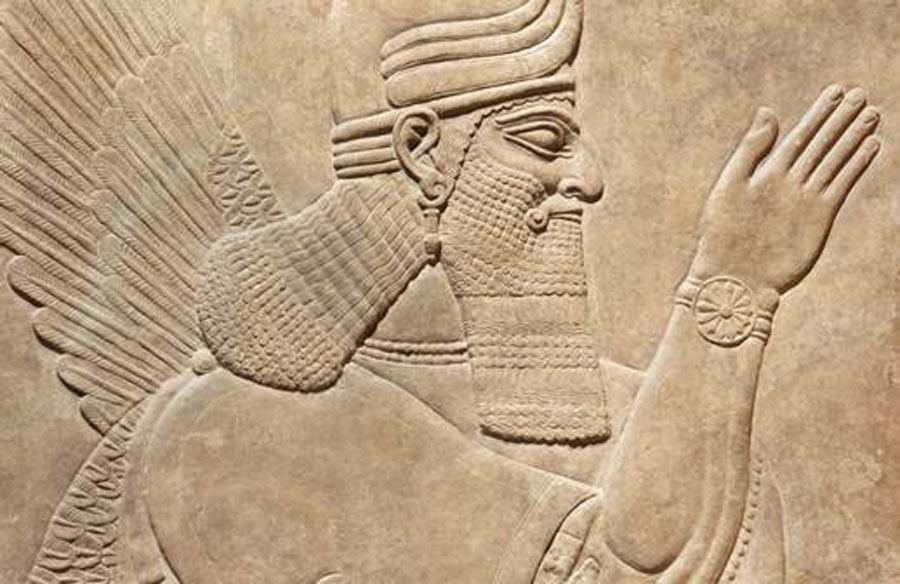
The ceremonial loss of the king’s power, however, was seen as a necessary rite for reaffirming the community’s relationship with the gods, the community is represented by the king in the temple ceremony.
Marduk’s Rebirth and the Akitu Festival
The Akitu festival commemorated the rebirth of Marduk, the sun deity and one of the most powerful gods in the Babylonian pantheon, who was said to have created the world from chaos.
Although Babylon became an autonomous city in the early nineteenth century BC, it was eclipsed by more strong Mesopotamian nations such as Isin, Larsa, and Assyria. As Babylon’s authority increased in the 18th century BC, so did Marduk’s religion, commemorating his victory over Enlil (god of the previous Mesopotamian nations) and consolidating his position as the Babylonian pantheon’s leader.
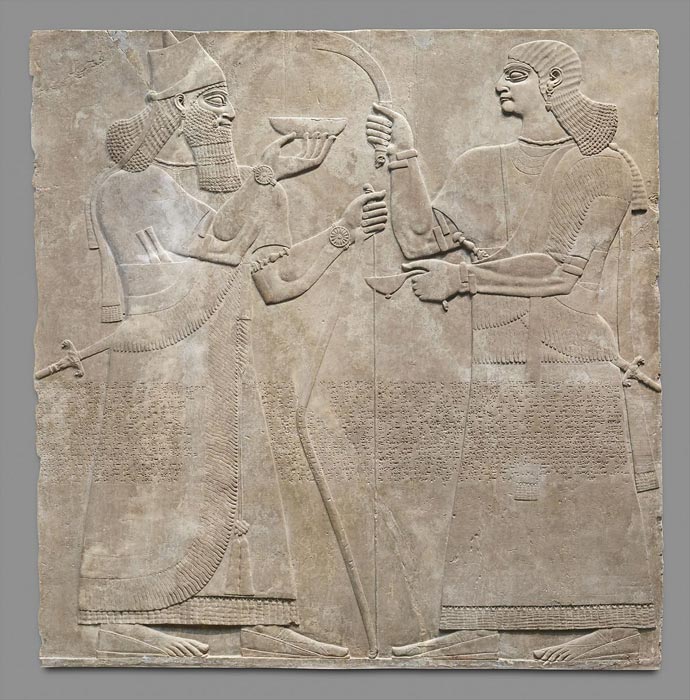
The king was to stand trial on either the fourth or fifth day of the festival. The high priest greeted the king before removing his crown and royal insignia and pulling him by the ears to the picture of Bel, where he was compelled to kneel. The king was asked to pray for pardon and swear that he had not neglected his responsibilities.
According to JPost, “the list of the king’s pledges and assurances was long and covered everything that both clergy and regular people generally want from their sovereign.” “It wasn’t until the king had concluded this list of guarantees, which he had prepared ahead of time, that the chief priest hit him on the cheek with an open palm as hard as he could. The blow had to be definite and forceful because tears from the king’s eyes were supposed to indicate that Bel (and his wife Beliya) were friendly, an omen that was supposed to ensure the king’s future success and the country’s wealth.”
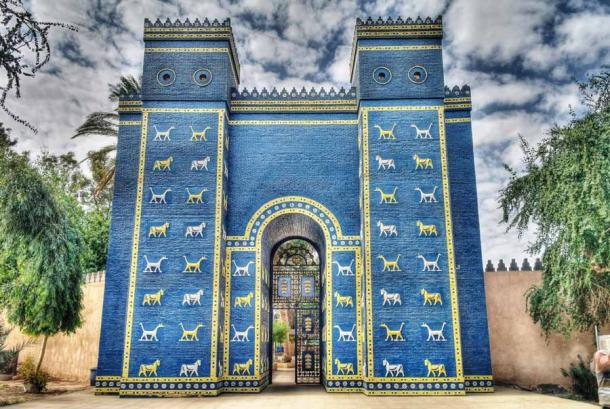
“However, the king’s humiliation during the New Year ritual served a dual purpose,” JPost says. “It showed the king that without his crown, sword, and scepter, he was just another ordinary mortal whose fate was in the hands of the powerful gods and their humble slaves.”
Throughout the Seleucid period (312–63 BC) and the Roman Empire, the Akitu celebration was held. The holiday was even imported to Italy by Roman Emperor Elagabalus (r. 218-222), who was of Syrian descent. There are still several modern Near Eastern spring festivities. Noruz (“New Day”) is a traditional Iranian holiday celebrated on March 21st.
The king slapping ritual sank into obscurity sometime along the way. Nonetheless, a ritual that humbles a nation’s leader and reminds him or her of their duty to serve their people with honor appears to have enormous worth.

